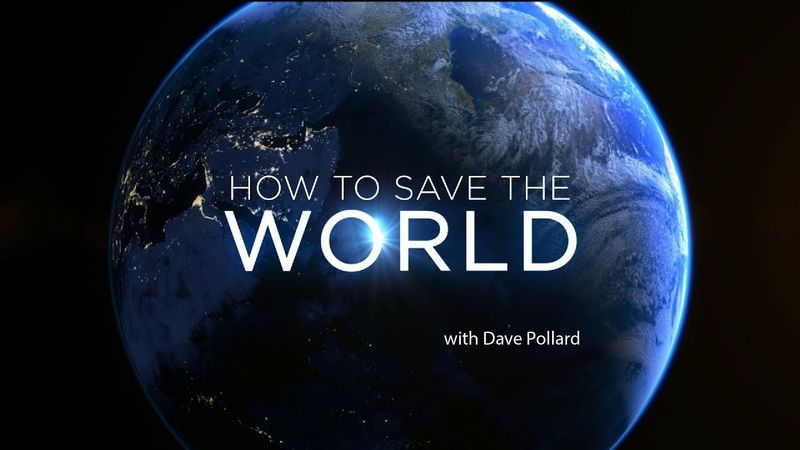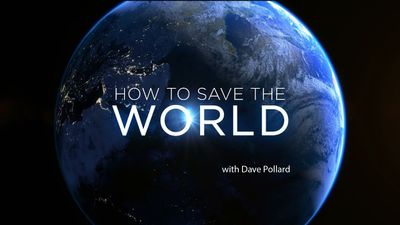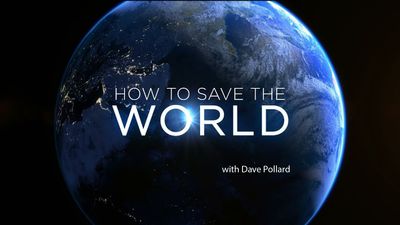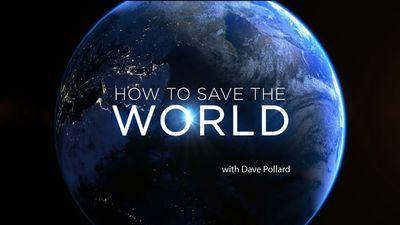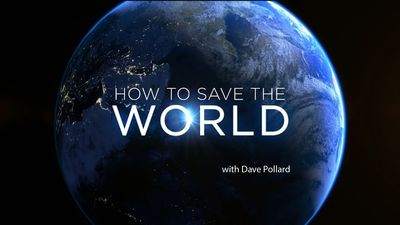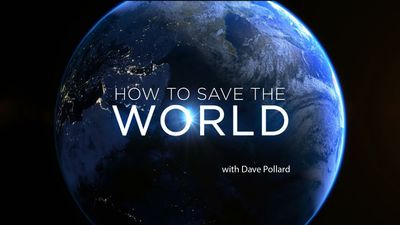No Matter
This is another musing about radical non-duality. Skip it if the subject is not of interest. If you don’t know what it’s about and would like to, start here.
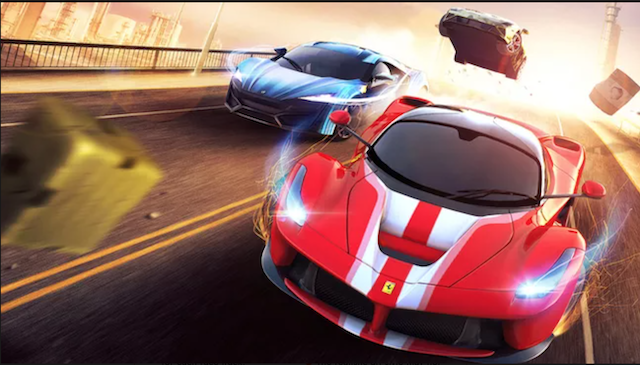
When I’m writing about politics, war, economics, collapse, or our culture these days, I often catch myself getting worked up about what I’m writing, which often shows up now in sarcastic asides, rather than all-out, blame-filled rants.
I have to smile at myself. My instincts, my scientific explorations, my research, the ‘glimpses‘, and my curiosity, all have me acknowledging that I’m getting worked up about nothing. The compelling (to me anyway) message of radical non-duality acknowledges that nothing is real or separate (including our selves), and nothing is really happening — the sense we make of it is all made up in our heads, a concocted fiction. And this message asserts that there is no one — no individual, nothing with free will or control over the body it presumes to inhabit.
While I intellectually and intuitively appreciate this astonishing message, my self labors on, presuming to exist and to guide this body’s behavior, though it’s increasingly clear it does not, and that what this apparent body apparently does is independent of any controlling homunculus, and is only an appearance in any case.
Nevertheless, I have noticed some apparent subtle changes. What I recently called my instinctive emotions (fear, anger, and sadness) seem to flare up more readily than they used to, but they also seem to dissipate more quickly, often before I’ve even finished grumbling or writing about what has me worked up.
Meanwhile, what I called my judgemental emotions (anxiety, hatred, shame, jealousy, envy, guilt, longing, despair) seem mostly in retreat, though my old friend anxiety does still present itself periodically. But as I have accepted that there is no ‘real’ time, and hence no past and no future, what is left to be anxious, resentful, ashamed, jealous, envious, guilty, wishful, or despairing about? And as I’ve accepted that these apparent bodies’ apparent behaviors seem to be completely conditioned, and not under any ‘one’s’ control, without any free will, how can I blame, judge, or have expectations about anything or anyone, including my self?
Easy to say, of course. But it seems to be true that I’m much quicker to discount my judgements and the feelings they engender than I used to be, and to shrug off the pointless attempts to lay blame.
Because our human languages were written by selves to enable them to communicate their ideas with other selves (and also to indulge in internal dialogues), it is absurdly difficult to explain this message, which essentially doesn’t allow for the existence of selves, of anything ‘really’ separate, or of time or space or purpose or meaning, in language. But once the ‘bug’ of radical non-duality has bitten you, trying to do so seems irresistible.
The language problems start with words as basic as ‘reality’, ‘appearance’, and ‘illusion’. Radical non-duality would define them something like this:
- Real is something that is substantial, physical, made of enduring matter. Radical non-duality asserts that nothing is real, or really happening.
- Apparent is something that can ‘be seen’, is obvious, or evident, or seems to be. Radical non-duality asserts that everything is apparent, or apparently happening, except what is illusory. Happening (etymologically) means ‘coming about without cause’ and it is in that sense this word is used.
- Illusory is something that is imagined, made-up, dreamt-up, an invention, an idea, a conception, a story, fictitious. Not real or apparent. Radical non-duality asserts that the self, and everything it imagines and believes to be true and real, including separate space and time and ‘real’ things, is illusory. That everything that is apparently happening, is apparently and ‘already’ happening to no one. It is apparently happening ‘all by itself’.
I’ve dealt with the obvious objections to this message at length elsewhere and won’t do so again here. I just wanted to define the terms the message uses, because therein I think lies much of the confusion about it. Suffice it to say that this message is so radical that it strikes most people as immediately preposterous, much as Copernicus’ and Galileo’s assertion that the Earth wasn’t the centre of the universe must have struck most of their contemporaries. It is intriguing that many recent discoveries in neuroscience, physics and quantum science would seem to corroborate this preposterous, radical message — suggesting that the self, and time, are in fact fictions, and that what we perceive as space is just ‘an infinite field of possibilities’.
I could try to provide a plausible explanation for how and why we humans came to be (apparently) afflicted with the delusion of self and separation. But it would only be a story, another fiction. The message tells us that there is no ‘how’ or ‘why’ for anything, because there is no time and no causality, just things appearing to happen for no reason. But the story might go something like this:
- The things that are appearing to happen, can seem to follow certain patterns.
- One such apparent pattern (though since it is ‘over time’ it is just a story) is what we call evolution — that creatures appear to evolve in accordance with some seeming rules, testing out variations and keeping the ones that help the creatures better ‘fit’ within their apparent environments.
- At one point, perhaps after an enormous storm of cosmic radiation almost obliterated proto-human species a few million years ago and rendered most of their habitats unliveable, humans migrated to the oceans, where their new seafood diets had much of the stuff needed to evolve larger and more complex brains, at precisely the time larger brains seemed useful to adapt to strange new habitats.
- These larger brains, perhaps by accident, evolved from having separate bicameral to integrated signal processing hemispheres, allowing the development of a capacity for abstraction and for imagining things to be real.
- This new imagination and conceptualization ability allowed the human brain to develop a complete representation of the ‘outside’ world, using the information it was perceiving and its new abstraction capacity.
- This new representation or model of the world seemed to make more sense (ie the model worked best) if something we call the ‘self’ was placed in the centre of the model.
- Since that time, humans have used this model as the basis for how we make sense of reality, and we invented languages to enable us to coordinate this sense-making with that of other human selves.
- Whether this model has anything to do with ‘reality’ is irrelevant; it’s actually more important as a means of helping humans socialize with each other, than it is as a useful tool for making decisions or doing anything. In fact, there’s lots of evidence that decisions and actions of human creatures are made instinctively without reference to this model at all, and the ‘self’ merely rationalizes decisions and actions as being ‘its’ decisions and actions after the fact.
Again, this is just a story. But this ‘self’ can’t help trying to bring the message of radical non-duality into some sync with scientific knowledge and theory. Those I’ve spoken with who ‘no longer have’ selves or a sense that anything is real or separate, find this story entertaining, but of no meaning. What is obvious to them is that nothing has meaning or purpose, and stories are merely stories — they don’t describe anything ‘real’ or ‘really happening’ because nothing is real or really happening.
One of the speakers about this message suggested that part of the reason that selves cannot wrap our heads around this is our fierce belief in the reality of time, past, future, consequence and causality. Without this concept, the whole model of what we conceive of as reality and existence breaks down. It’s like a devout Christian learning that the story of Jesus was just an invention by a travelling storyteller in 4BCE, made up to amuse children and get them to behave. Or learning in the 16 century CE that the sun travelling around the earth was merely an illusion.
A second part of the reason this is unfathomable to selves is that while we might be able to kind of imagine ourselves as being illusory, and our bodies and their apparent actions as being merely appearances, it is even harder for us to imagine everyone else as being illusory. When I’m working out in the gym, the others around me sure as hell look real, and seem very much driven by selves. They don’t seem to be mere figments of my imagination.
One of the metaphors used to explain why we are so convinced our selves and our conceptions about reality are real, is the story of the child, bored while waiting at the airport, walking up to a demonstration of a new car-race video game, picking up the controller and starting to play. The child does really well, passing vehicles and avoiding collisions with deft and timely manipulation of the controller. Soon, a crowd has gathered, cheering on the child as the points mount up into the millions and additional more challenging levels begin. As the point total nears a billion, a worker decorating the game display booth says to the child and the crowd: “Sorry to disappoint you, but this controller isn’t really hooked up to the game. It’s just a demo; the game is playing itself. At a billion points, it will crash, reset to zero, and start all over again.” There are loud boos of disbelief, but on an easy curve at a billion points, the car crashes. The crowd is furious at the worker, calling him a “monster”. He says “I could set it to crash at two billion points, if you prefer.”
I just looked at my list of potential upcoming blog article topics. Almost all of them are meaningless, purposeless, if selves are all illusory. But I still feel compelled to write them.
I suppose it’s a bit like the leap of faith we take when we play a video game, be it Minecraft, Among Us, Fortnite, or Asphalt 8. We know none of it is real. It’s just pixels on a screen. We know its outcomes really mean nothing. Yet we can feel exuberant when we win, and despairing when we lose. We can even get addicted to playing it.
We can call this ‘conditioning’ and provide a scientific explanation for it. Or we can simply say “It’s what appears to be happening”. Nothing is real. Everything is just an appearance of nothing, without meaning or purpose. Nothing really matters. As Hamlet said “There is nothing either good or bad, but thinking makes it so”. But wow, it’s a convincing illusion. Enough to keep me furiously playing the game, until it ends, or I do. Apparently.

Finding the Sweet Spot: the natural entrepreneur's guide to responsible, sustainable, joyful work
"Now what am I going to do?" is a question many people ask—and leave unanswered—at critical potential turning points in their careers. Perhaps you’re a new graduate, but instead of lining up for a boring entry-level job at a big corporation, you wish you could start your own sustainable and responsible business

